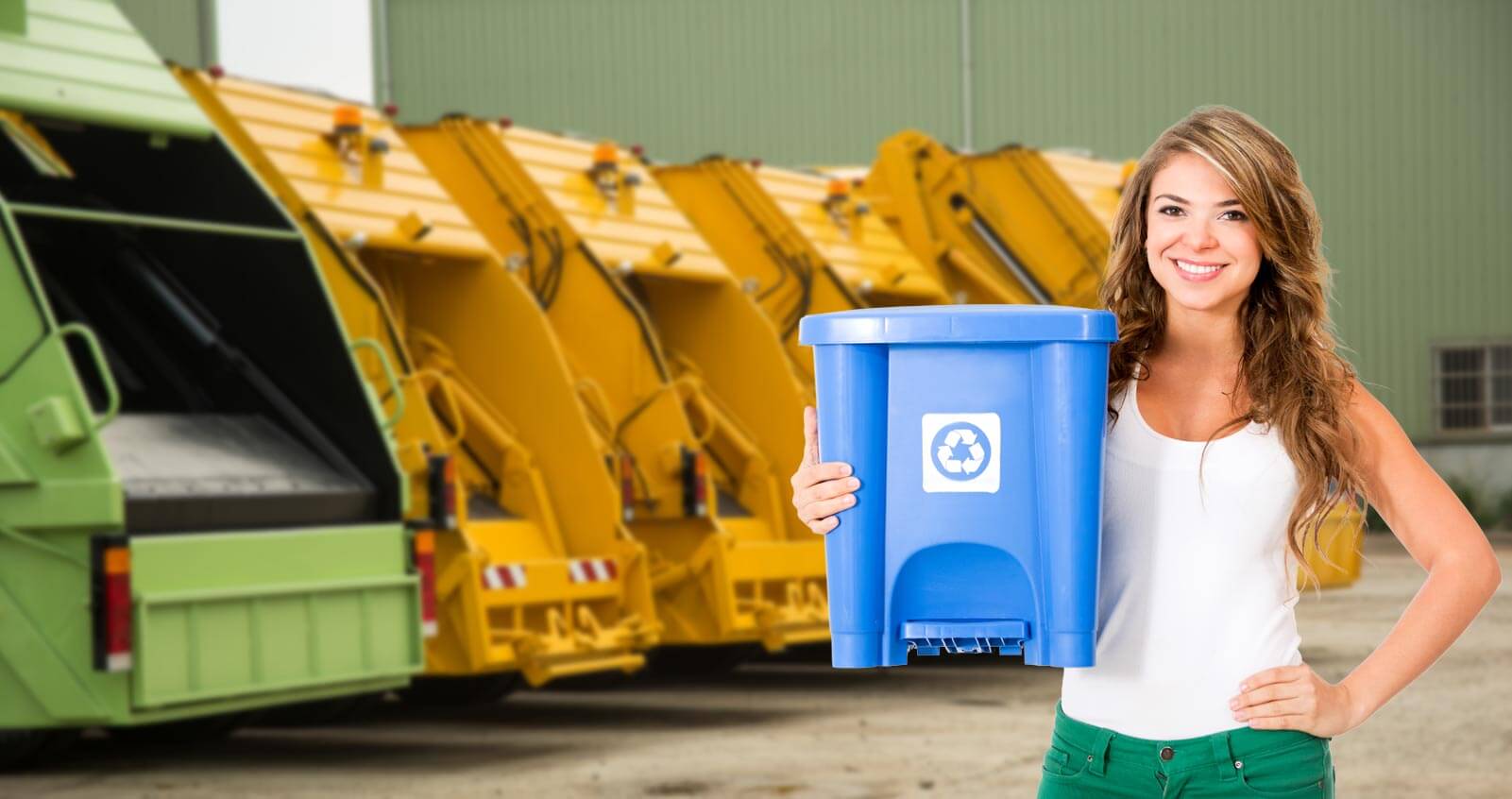6 Fascinating Green Waste Facts
Posted on 26/08/2025
6 Fascinating Green Waste Facts
Green waste, often referred to as organic waste, is a category of waste comprised of garden or park waste, such as leaves, grass clippings, and branches. It can also include food scraps and other biodegradable materials. With the growing concern over environmental sustainability, green waste management has become a critical issue. Here are six fascinating green waste facts that shed light on the significance and potential of organic waste management in contributing to a healthier planet.
1. Green Waste Can Be Converted Into Valuable Compost
One of the most significant benefits of green waste is that it can be converted into valuable compost. Composting is a natural process where organic materials decompose to form nutrient-rich soil. This process can take place in industrial composting facilities, as well as in simple backyard compost bins.
The end product of composting--compost--serves as a natural fertilizer that enhances soil quality. Compost improves soil structure, increases its ability to retain water, and provides essential nutrients to plants, leading to healthier, more productive gardens and farms. By diverting green waste to composting facilities, we can reduce the amount of waste sent to landfills and create a sustainable cycle of waste-to-resource.

2. Green Waste Plays a Crucial Role in Reducing Greenhouse Gas Emissions
Proper management of green waste can significantly reduce greenhouse gas emissions. When organic waste decomposes anaerobically (without oxygen) in landfills, it produces methane, a potent greenhouse gas that is approximately 25 times more effective at trapping heat in the atmosphere than carbon dioxide. Methane emissions from landfills contribute to global warming and climate change.
By composting green waste aerobically (with oxygen), we can minimize methane production. Composting allows organic materials to decompose in the presence of oxygen, which significantly reduces methane emissions. Additionally, the use of compost can decrease the need for synthetic fertilizers, which are often produced using fossil fuels and contribute further to greenhouse gas emissions.
3. Green Waste Can Generate Renewable Energy Through Anaerobic Digestion
An alternative method of managing green waste is through anaerobic digestion, a process in which microorganisms break down organic material in an oxygen-free environment to produce biogas. Biogas primarily consists of methane and carbon dioxide and can be used as a renewable energy source for electricity, heat, and even vehicle fuel.
Anaerobic digestion helps divert organic waste from landfills, reducing methane emissions and producing a valuable energy source. Digestate, the byproduct of anaerobic digestion, can also be used as a nutrient-rich fertilizer, further closing the loop of organic waste management and resource recovery.
4. Green Waste Contributes to Soil Health
Green waste contains a wide range of organic compounds that contribute to soil health when properly managed. As green waste decomposes, it releases essential nutrients such as nitrogen, phosphorus, and potassium, which are vital for plant growth. Additionally, green waste adds organic matter to the soil, improving its structure, water retention capacity, and overall fertility.
Healthy soil is crucial for sustainable agriculture and forestry. It supports a diverse range of microorganisms that promote nutrient cycling and help plants resist diseases. By incorporating composted green waste into agricultural practices, we can enhance soil health, reduce reliance on chemical fertilizers, and promote sustainable farming practices.
5. Green Waste Recycling Creates Job Opportunities
The recycling and management of green waste create a variety of job opportunities in multiple sectors. These jobs can range from labor-intensive positions such as collection and sorting to specialized roles in composting facilities, anaerobic digestion plants, and research institutions. The growing emphasis on sustainable practices has led to the development of new industries focused on green waste management and resource recovery.
The green waste sector not only provides employment opportunities but also fosters innovation and technological advancements. Researchers and engineers are continually developing new methods to improve the efficiency and effectiveness of organic waste management. This growing industry contributes to local economies and encourages the development of sustainable communities.

6. Green Waste Management Reduces Landfill Saturation
Landfills are rapidly reaching their capacity, leading to significant environmental and health concerns. Proper management of green waste can help reduce the volume of waste sent to landfills, alleviating some of the pressure on these facilities. Organic waste typically constitutes a significant portion of municipal solid waste, and by diverting it to composting or anaerobic digestion, we can extend the lifespan of existing landfills and reduce the need for new ones.
In addition to reducing landfill saturation, proper green waste management mitigates the risk of leachate production--a toxic liquid that can form when waste decomposes in landfills and potentially contaminate groundwater. By keeping organic waste out of landfills, we can minimize these risks and promote a cleaner, safer environment.
Conclusion
Green waste offers numerous benefits when managed correctly, from reducing greenhouse gas emissions and generating renewable energy to enhancing soil health and creating job opportunities. As we continue to address global environmental challenges, promoting effective green waste management practices becomes increasingly vital. By understanding and leveraging the potential of organic waste, we can make significant strides towards a more sustainable and environmentally friendly future.




